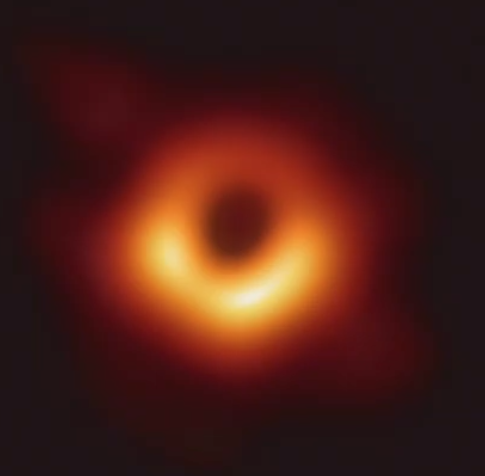Tomorrow, the State of Kansas start four days of hearings about the role of evolution, and how it should be approached, in the state’s science education standards. Already, the “venom has been injected by both sides in this debate”:http://www.kansascity.com/mld/kansascity/news/local/11563607.htm. What I think all scientists need to remember is that theories are based on the facts in hand, not the ones we can speculate about. Evolution may not appeal to the sensibilities of one person, or one group, but if you study the evidence and try to explain it you are inevitably led to the theory that systems evolve to adapt to their surrounding via natural selection. Just because you don’t like the theory of gravity doesn’t make it wrong. Science is not a consensus of opinions, but rather a consensus of facts.
That said, you gotta love some of the quotes in that “Kansas City Star article”:http://www.kansascity.com/mld/kansascity/news/local/11563607.htm
I just mentioned above. For instance, one advocate of weakening the role of evolution in science education indicated that it was important to teach alternative hypotheses (not theories!) because we don’t know “how did a worm turn into an elephant? The answer is we don’t know, and I think students should know that.”
What a ridiculous statement! Here’s why:
* First of all, the premise is completely wrong. The statement is predicated upon the fact that worms and elephants are directly related by a chain of evidence. Is there even evidence that worms are a common ancestor of elephants? I don’t think anybody has ever tried to study their biological relationship, so perhaps the speaker’s energy would be best spent researching biological evidence to establish this unproven thesis rather than using it to make a point.
* We don’t know why a lot of things happen. Does that invalidate the theories of nature which are most capable of explaining them? NO! For instance, we don’t really understand where the transition between the quantum world and the classical world occurs. Let me give you an example. You have to treat the behaviour of a single proton, neutron, or electron using quantum mechanics. But if you start packing lots of nucleons together, along with lots of electrons, there comes a point where you can solve problems either with quantum mechanics or classical mechanics, because the scale of the system becomes large. But we don’t **know** what “big enough” is, and work is ongoing to study large atomic systems to see where the transition occurs. Does this inability to make a direct connection from nucleons and electrons to large atomic or molecular systems invalidate quantum and classical physics? NO! But it does mean that we must take careful measurements and devise clever experiments to understand the nature of the transition – the *evolution* – from the quantum world to the classical world.
I have to say that this “worm-elephant” quote almost makes the point: those who would soften the meaning of the word “theory” have tried to sound scientific while treating the principles of science with reckless abandon. To make a statement that a gap in knowledge directly invalidates a theory is amateur, at best, and is at worst dangerous and misleading. These people stand to massacre the purpose of science to fulfill their need to inject faith, belief, and mistrust into the educational system. They see science as a threat, when really it is science which is victimized in this process.
If the outcome of these hearings is to weaken science standards in Kansas, then woe be to the next generation of scientists raised in an atmosphere where the lack of facts, rather than the facts themselves, forge the theory.


